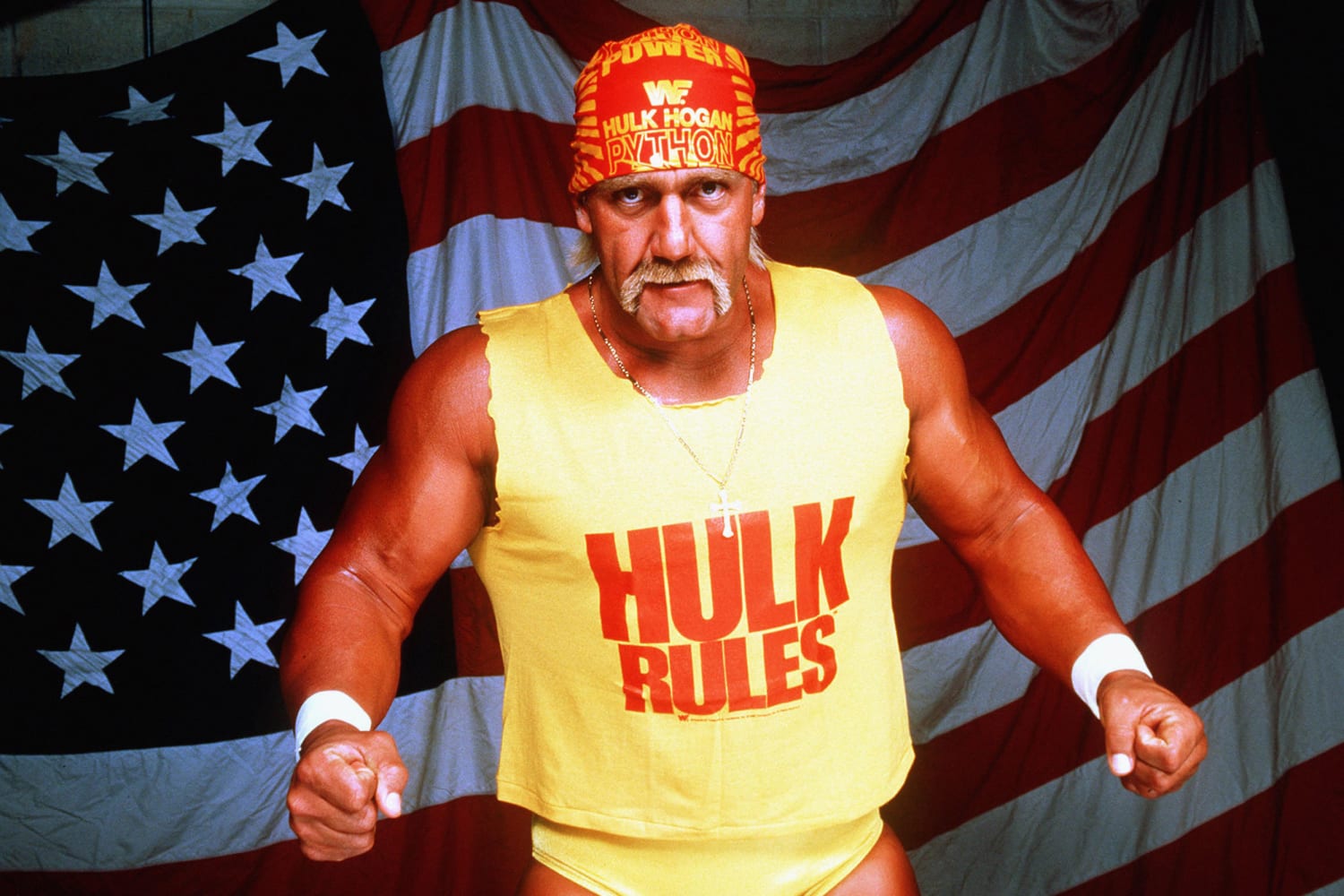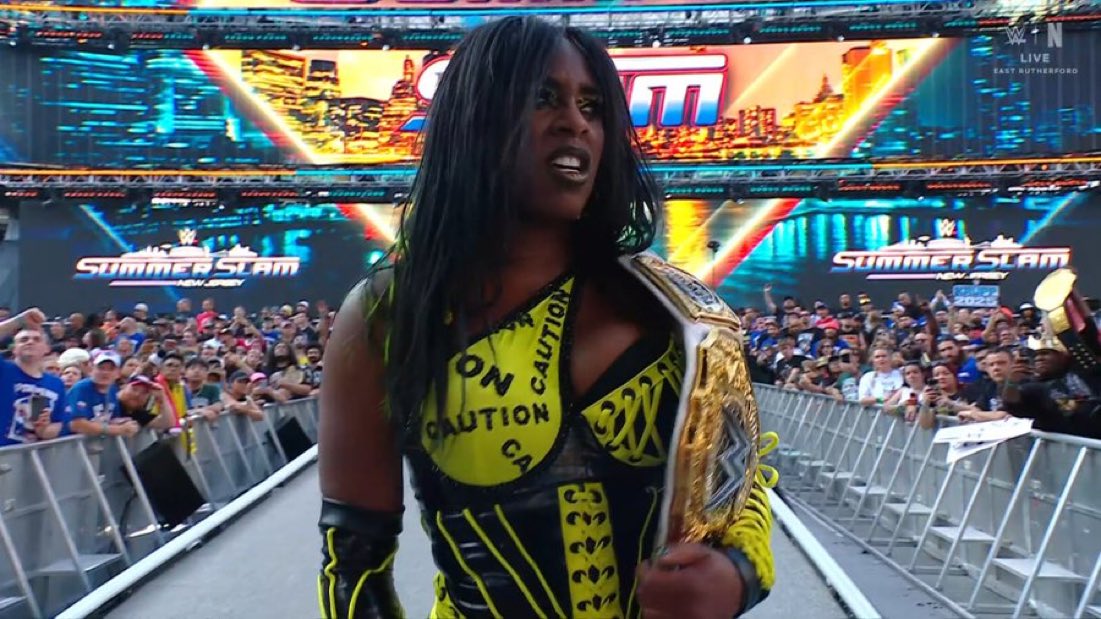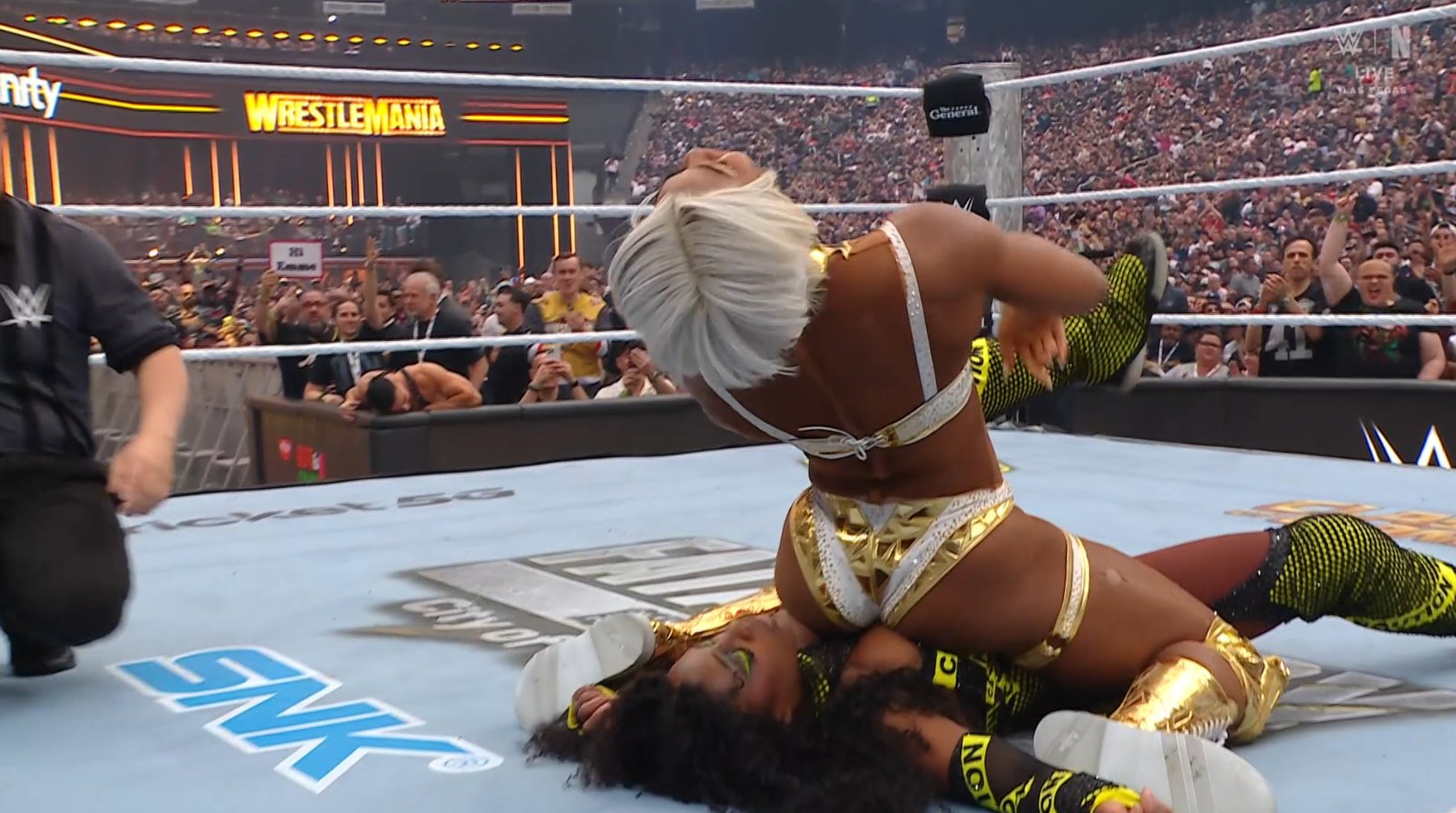Few names are more tied to the identity of professional wrestling than Hulk Hogan. For decades, he was the face of the industry. The red and yellow, the handlebar mustache, and the “Whatcha gonna do?” catchphrase defined an era. He wasn’t just a wrestler. He was wrestling for millions of fans who grew up during the 1980s and 1990s.
Now, with news of his death, the reaction has been anything but unanimous. The wrestling world is mourning, but a significant number of people are pausing before they post the usual tribute.
Social media was split. Many paid their respects, recalling childhood memories and moments when Hogan represented something larger than life. He brought energy, charisma, and mainstream attention to wrestling. For countless fans, he was their first favorite wrestler. He was the introduction to a lifelong love for the sport.
Yet just as many responded with hesitation or stayed quiet altogether. Not because Hogan wasn’t important, but because his legacy is complicated.
In recent years, his name became more associated with scandal than storylines. A leaked sex tape. Racist language. A major backlash that led to his temporary removal from WWE’s Hall of Fame. Hogan issued apologies. Some fans and wrestlers accepted them. Others didn’t. The damage was done.
So how do you mourn someone who shaped your childhood while acknowledging the hurt they caused? How do you celebrate an icon when parts of their character are impossible to ignore?
Younger fans see Hogan differently. For them, he is a figure from the past who became more relevant in gossip headlines than in the ring. They didn’t grow up with Hulkamania. They read about his controversies on social media.
For longtime fans, the grief is more complex. They remember the entrances, the crowd pops, and the moments when Hogan felt larger than life. But they also remember the disappointment when real-life headlines destroyed the hero image.
This is not about cancel culture. It is about facing the full picture. Hogan changed the wrestling business. He brought it into homes across the country and turned it into a global spectacle. But he also revealed sides of himself that deeply hurt fans, especially Black fans, who once looked up to him.
His death doesn’t erase the good or the bad. It brings them both to the surface. That is why the public reaction feels so mixed. People are reflecting on the power of nostalgia while questioning how much of it was built on an image that wasn’t real.
In the end, Hulk Hogan leaves behind a legacy that is massive but messy. He was a pioneer, a superstar, and a deeply flawed figure. His story reminds us that icons are human. When they fall, the silence or hesitation that follows can say just as much as the cheers once did.




